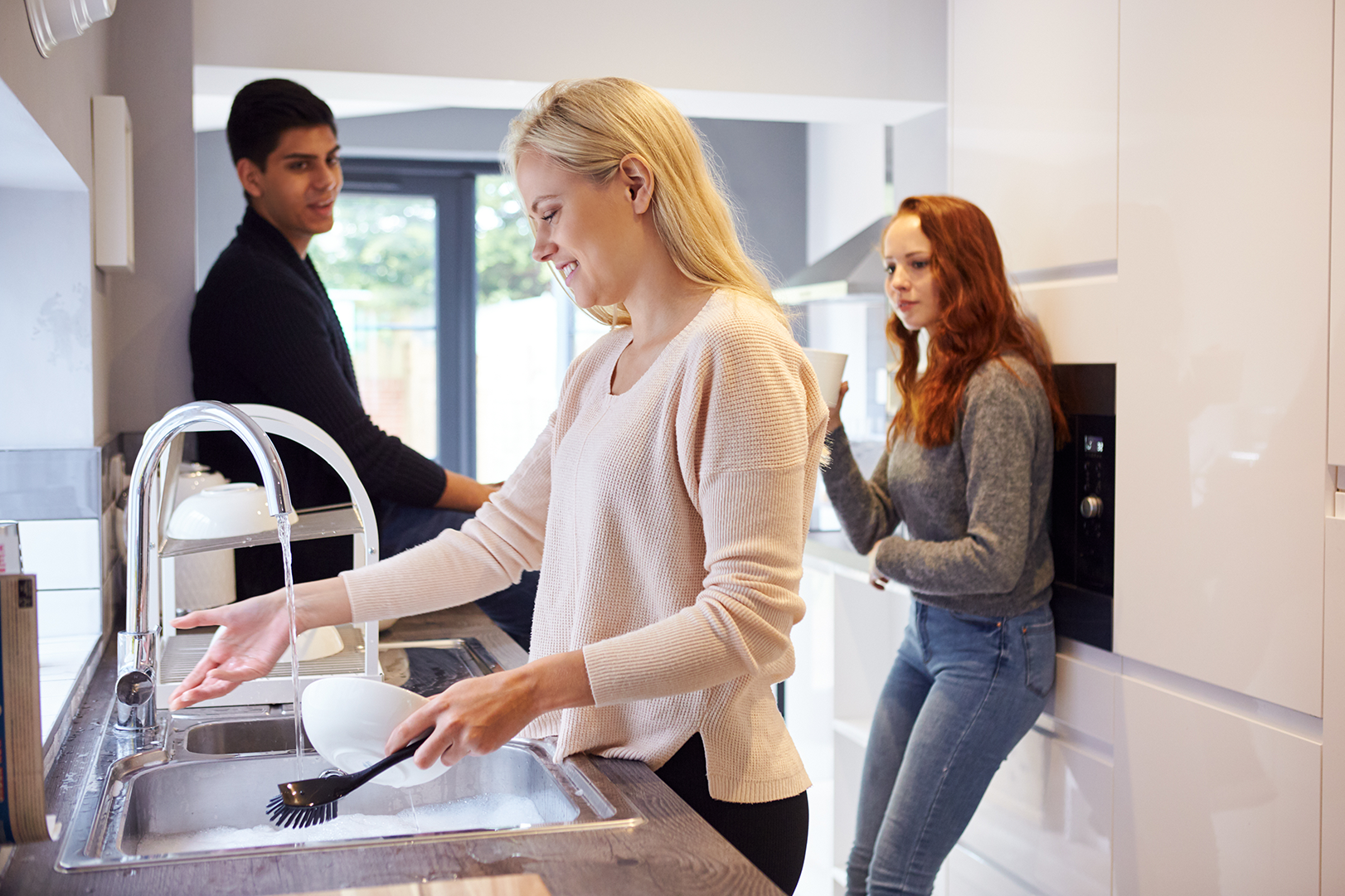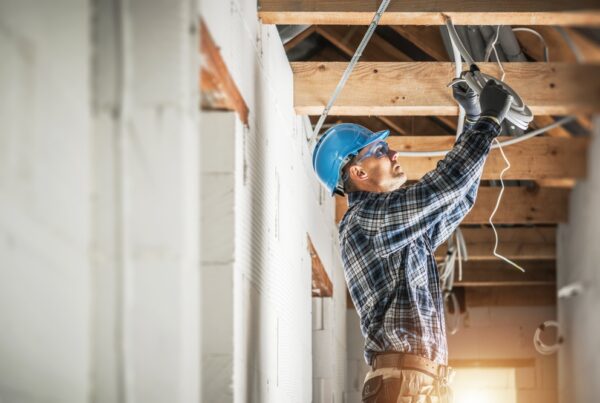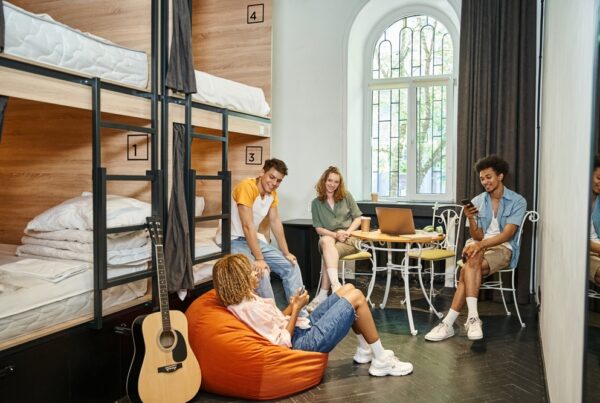With rental availability at an all-time low and mortgage payments rising, the answer might be sitting in the spare room.
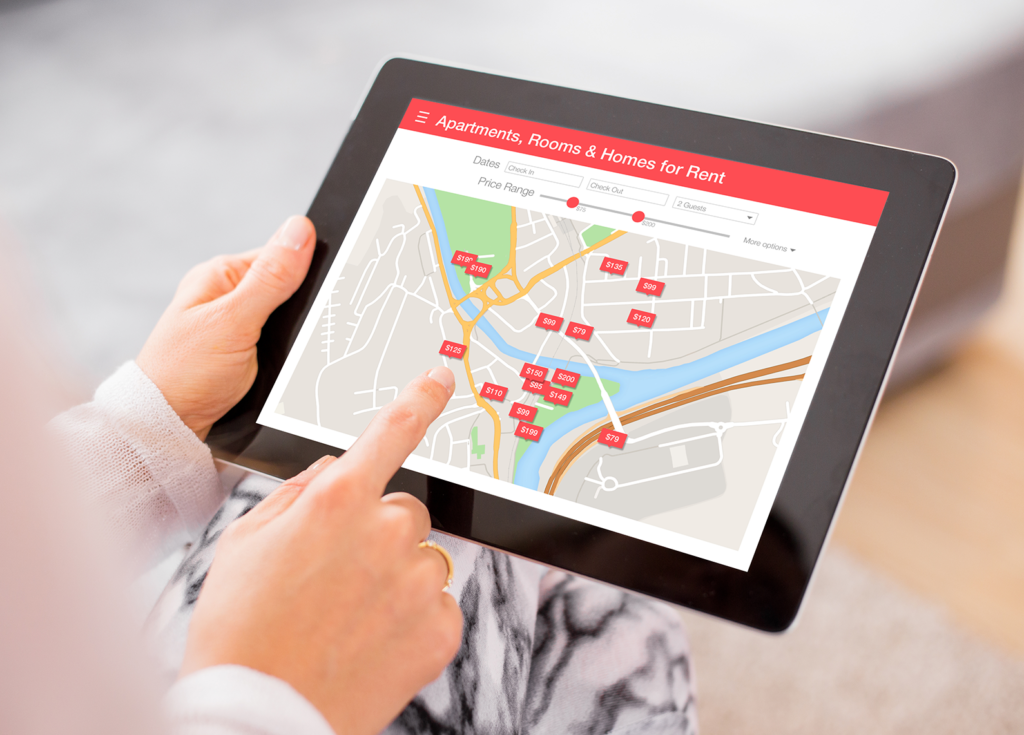
Two wrongs don’t make a right, but when it comes to finding somewhere to live, one accommodation crisis could be a solution for another, which might explain the upsurge of interest in home sharing.
Whether you’re a savyy purchaser who took advantage of record-low mortgage rates, or a rentvestor who’s leasing a property where you’d like to own but bought an investment where you could afford, you might be feeling the pinch right now.
Anybody paying off a loan or renting a property – or both – will have already discovered their dollar doesn’t go as far as it once did, especially if they have just fallen off a fixed-rate “mortgage cliff”.
Meanwhile, there are tens, maybe hundreds of thousands of people who are living in intolerable circumstances who just need a home they can afford.
Despite the desperate need for new and affordable housing – and we are talking apartments, when we’re thinking of the quickest fix – this is a slow-moving machine with many moving parts and often contradictory logic.
There are “not-for-profit” developers around, such as the Melbourne-based Nightingale Housing, but no government is going to build hundreds of thousands of affordable homes when there’s the slimmest chance that private or institutional investors will do it for them.
Perhaps what’s needed is a tax mechanism that encourages profitable private investment in affordable homes.
But that’s another story. While we wait for that bright new dawn of affordable accommodation, it seems more people are turning to home sharing as a viable alternative.
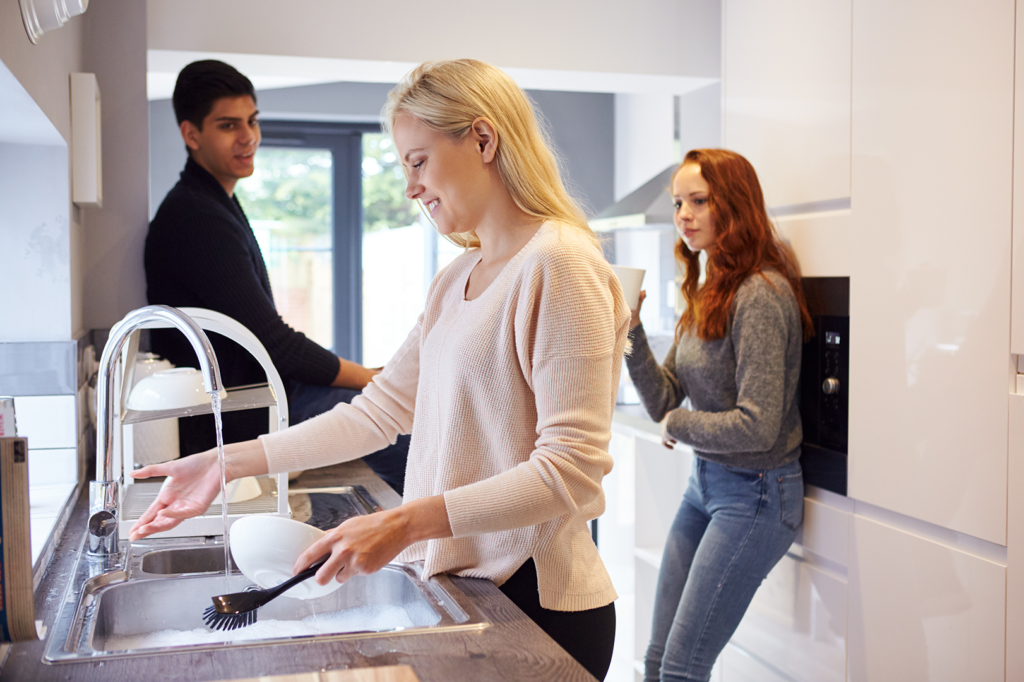
Sharing is caring
And it’s not just the communal living beloved of sitcom writers, from Friends to The Big Bang Theory.
The website flatshare.com.au – which introduces flatmates and house sharers to each other – has reported an increase in people looking for spare rooms in established homes as well as traditional flat or house shares.
Flatshare community manager Claudia Conley told the ABC there had been a marked increase in people aged over 55 looking for a spare room, as well as homeowners looking for a lodger to occupy theirs.
Conley says there are 12 million empty rooms in Australia, the website had 68,000 people register their details in January, and there had been a 20 per cent increase in activity over the past year.
For the resident owner or tenant who bought or rented a home with one more room than they needed, and who are now feeling regret in their hip pocket, it makes sense if they can find the right “roomie”.
And with demand higher than ever, you can be very selective about the stranger with whom you share your home.
Single parents are seeking each other out as the perfect home sharers. Suddenly single divorcees or the widowed on a fixed income might welcome having another senior under their roof.
With loneliness another serious concern for older members of the community, having a grateful student, nurse, teacher or cop in the spare room could add some pep to your life.
As for apartment residents, even if your mortgage is long gone, you still have to pay rates, levies and surging power bills.
Strata law in NSW allows owners corporations to pass by-laws limiting the occupancy of apartments to no more than two adults per bedroom. That’s all the leeway you need to open up your spare room to someone seeking a home.
And investors might explore letting their property as a flat share rather than a single-tenant lease, increasing their income while helping, not hurting, renters. Sharing, after all, is caring.
Author: Jimmy Thomson, Contributor Financial Review
